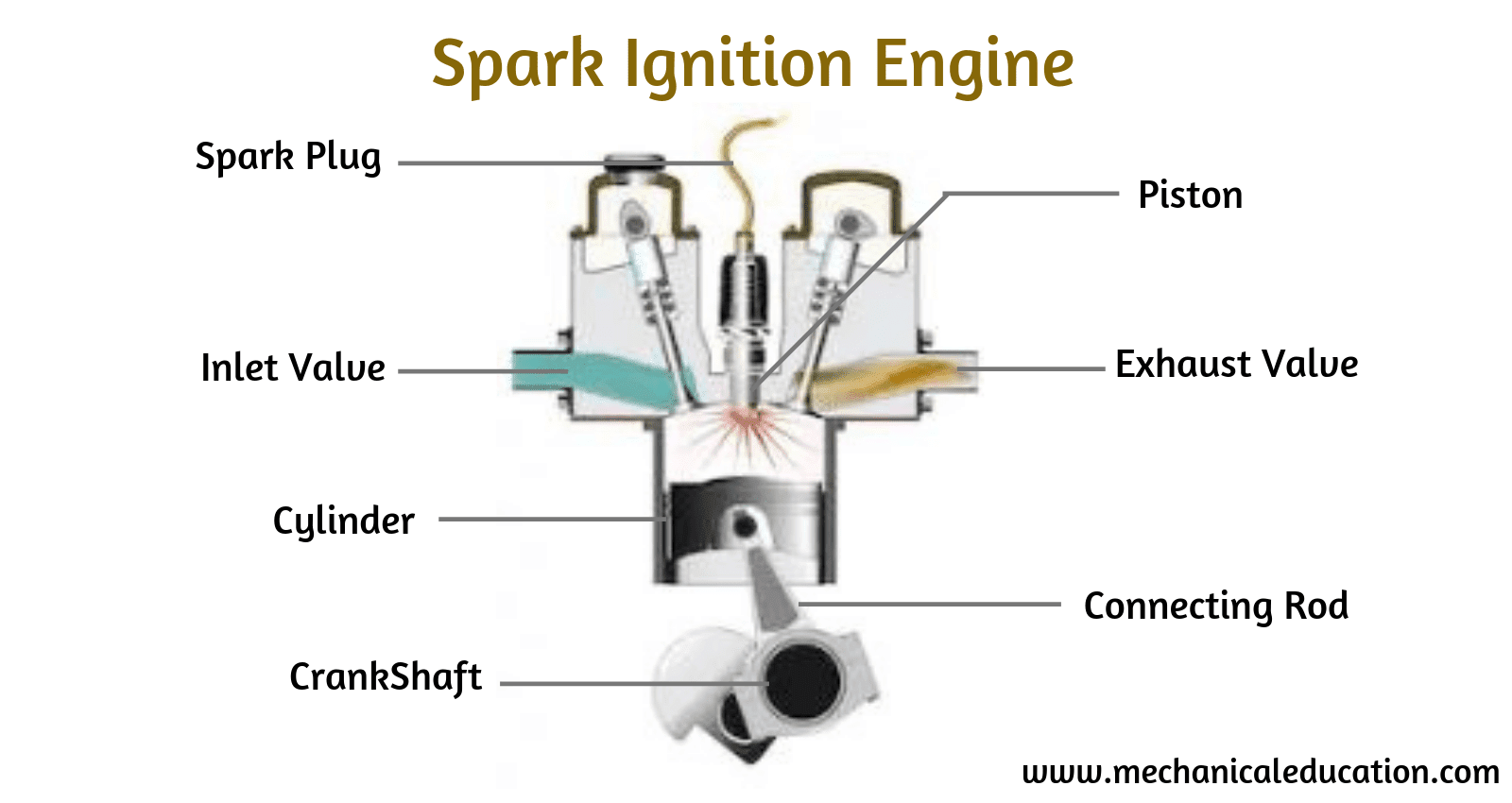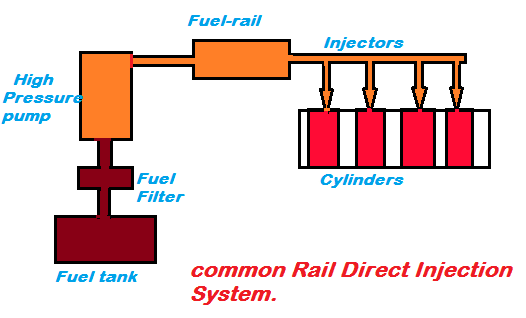Checking the refrigerant level in your car’s AC system typically requires specialized equipment, so it’s best to have a professional mechanic perform the check. However, there are a few signs that can indicate your AC system may be low on refrigerant:
- Reduced cooling performance: If you notice that your car’s AC is not cooling as well as it used to, this could be a sign that the refrigerant level is low.
- Hissing or bubbling sounds: If you hear hissing or bubbling sounds coming from your car’s AC system, this could indicate a refrigerant leak.
- Ice or frost on the AC components: If you notice ice or frost forming on the AC components in your car, this could be a sign of low refrigerant levels.
If you notice any of these signs, it’s a good idea to have your AC system checked by a professional mechanic. They will be able to use specialized equipment to check the refrigerant levels and identify any leaks or other issues that may be affecting your AC system’s performance.
Frequently Asked Questions
1. How can I determine if my car’s air conditioning system is low on refrigerant?
Signs of low refrigerant include reduced cooling performance, warmer air blowing from vents, and potential ice formation on A.C. components. If you notice these signs, it’s advisable to check the refrigerant level.
2. Is checking the refrigerant level something I can do myself, or should I consult a professional?
While checking the refrigerant level involves specialized equipment, some DIY kits are available. However, for accurate diagnosis and proper handling of refrigerants, it’s recommended to consult a qualified professional.
3. What are the common methods for checking refrigerant levels in a car’s A.C. system?
Professionals typically use pressure gauges and thermometers to assess refrigerant levels accurately. DIY kits often include pressure gauges, but they may not provide as precise results as professional equipment.
4. Can I visually inspect the A.C. components to gauge refrigerant levels?
Visual inspection alone is not sufficient to determine refrigerant levels accurately. While oil stains near A.C. components may indicate a leak, it’s crucial to use pressure gauges for a more precise assessment.
5. How often should I check the refrigerant level in my car’s A.C. system?
Regular A.C. system maintenance, including refrigerant level checks, is recommended annually. If you notice a decline in cooling performance or suspect a leak, it’s advisable to check the refrigerant level promptly.
6. Can overcharging or undercharging the A.C. system with refrigerant cause issues?
Yes, both overcharging and undercharging can lead to problems. Overcharging may strain the compressor and result in poor performance, while undercharging can cause inadequate cooling and potential compressor damage.
7. Are DIY refrigerant recharge kits effective, and can I use them to check levels?
DIY recharge kits can be effective for adding refrigerant but may not provide precise level checks. These kits are better suited for addressing low refrigerant levels rather than accurately assessing them.
8. What should I do if I suspect a refrigerant leak in my A.C. system?
If you suspect a refrigerant leak, consult a professional immediately. Attempting to fix a leak without proper knowledge can be hazardous, and a professional can safely identify and address the issue.
9. Can a car’s A.C. system lose refrigerant over time without a visible leak?
Yes, it’s normal for A.C. systems to experience slight refrigerant loss over time. While this can be part of the aging process, a significant loss may indicate a leak that requires attention.
10. What are the consequences of driving with low refrigerant levels in the A.C. system?
Driving with low refrigerant levels can lead to decreased cooling performance, increased strain on the compressor, and potential damage to A.C. components. It’s crucial to address low refrigerant promptly to maintain A.C. efficiency.




